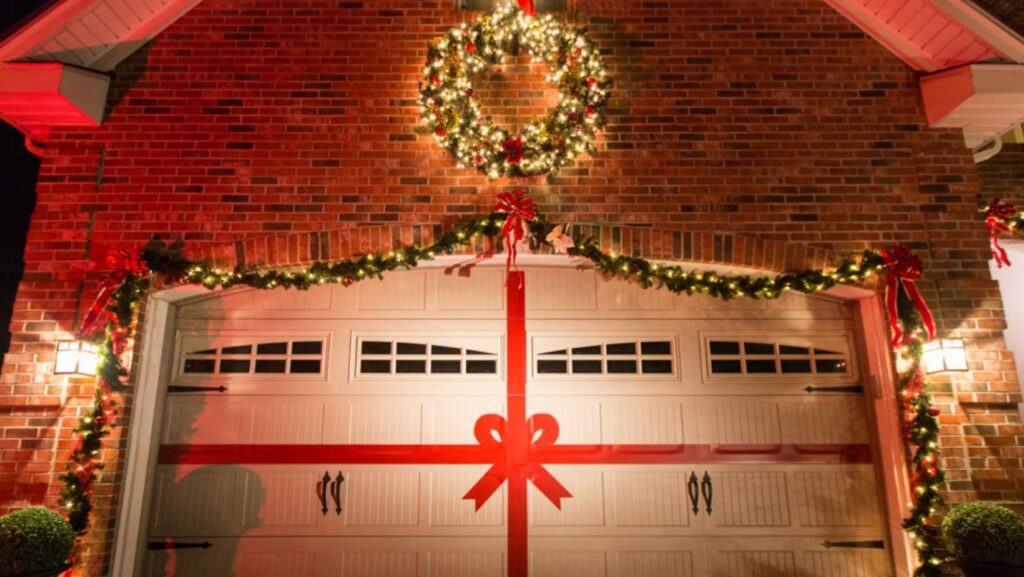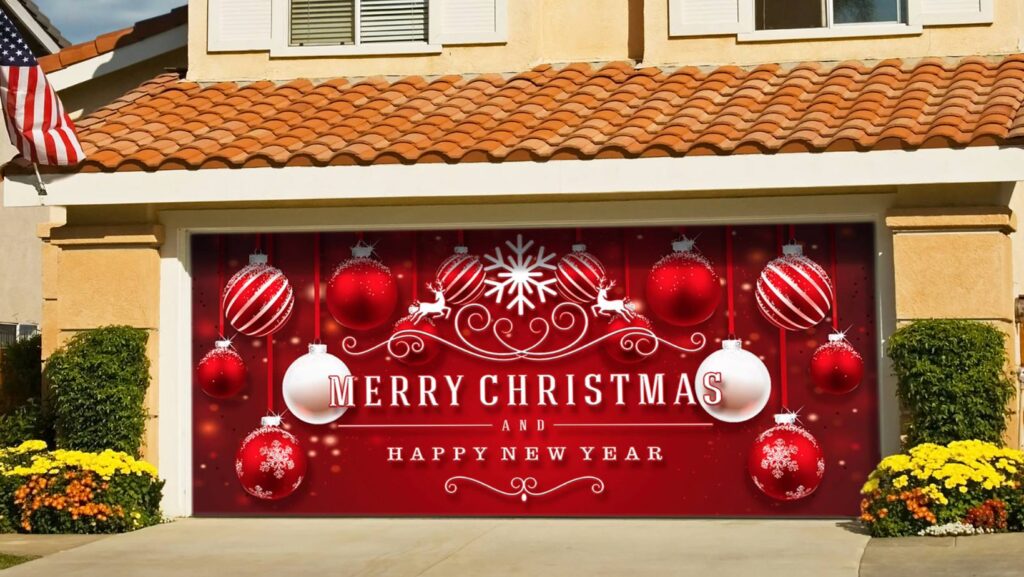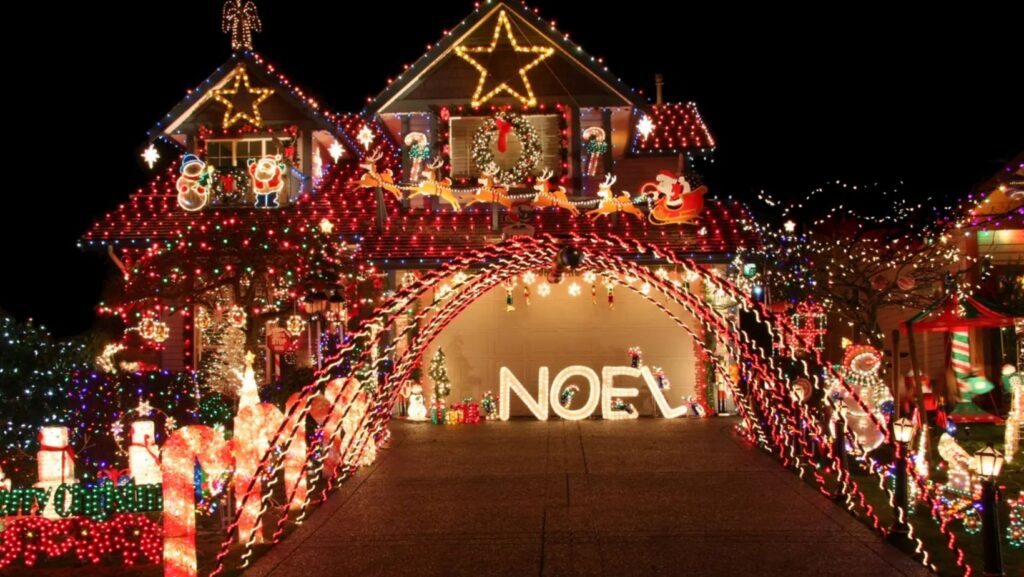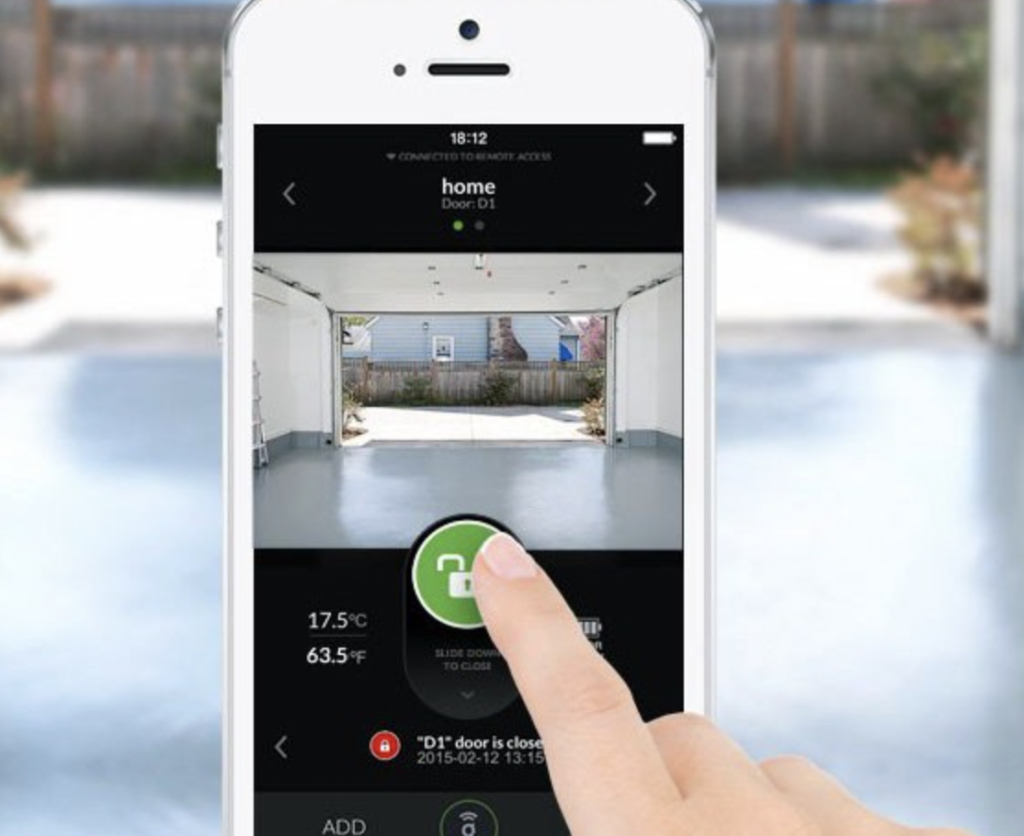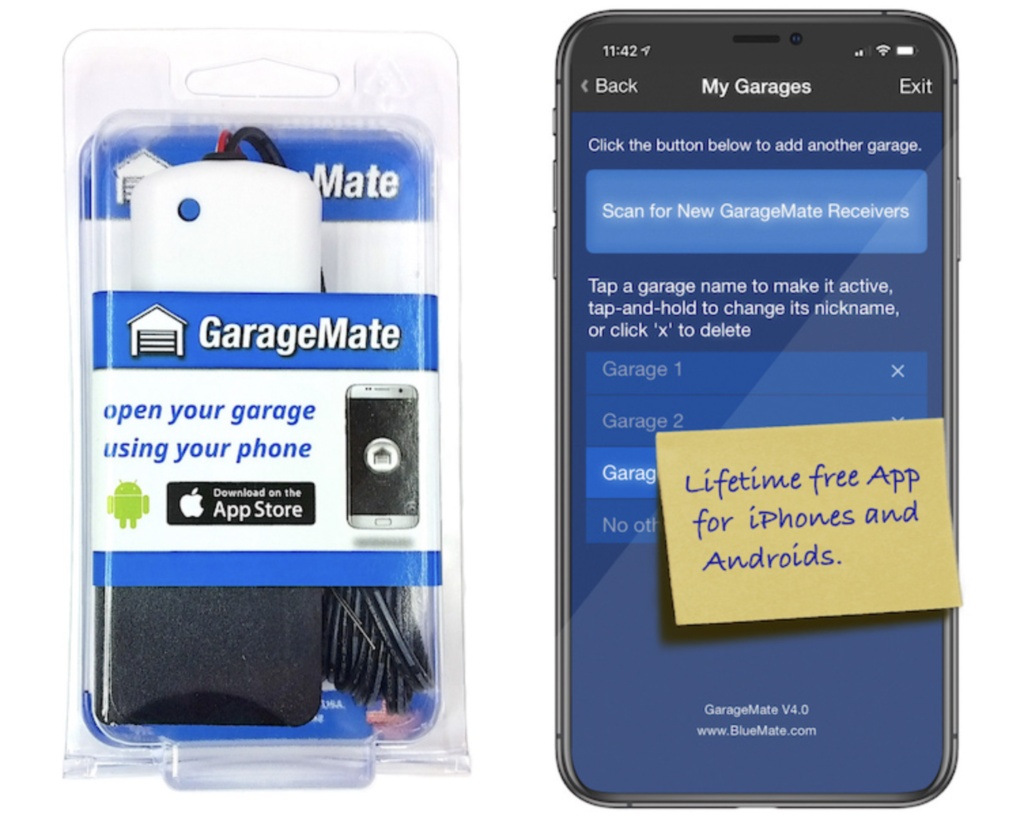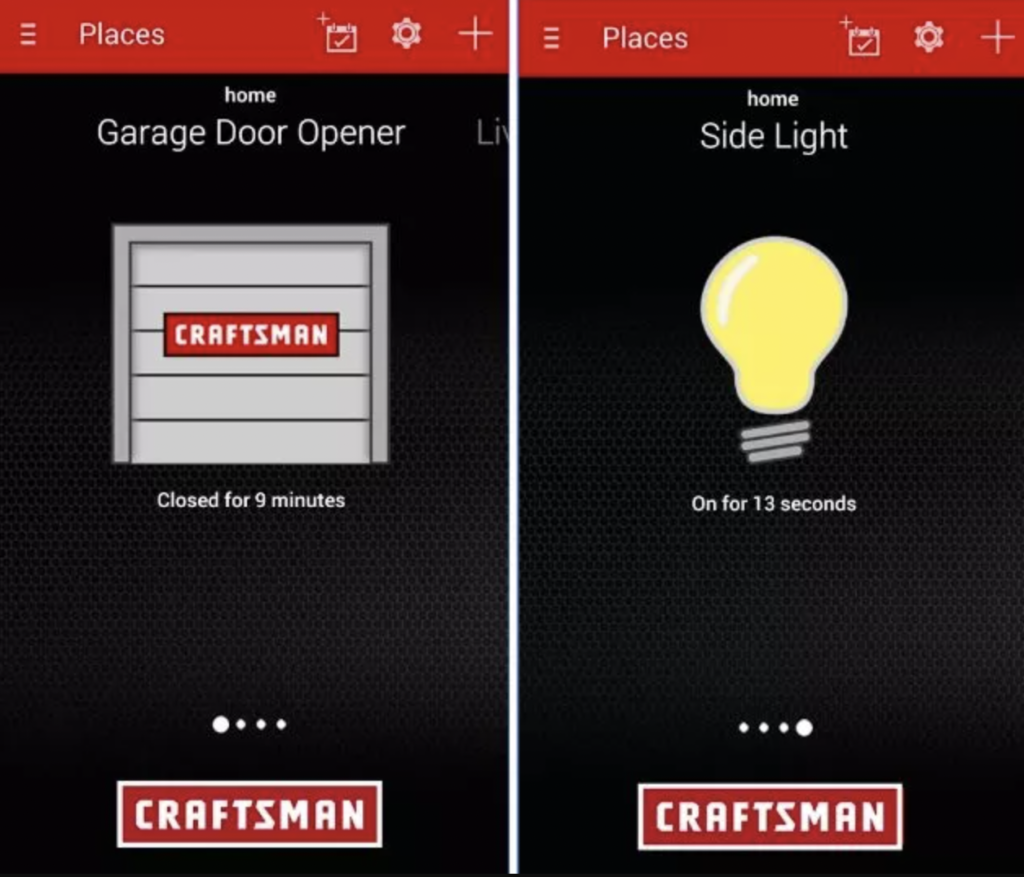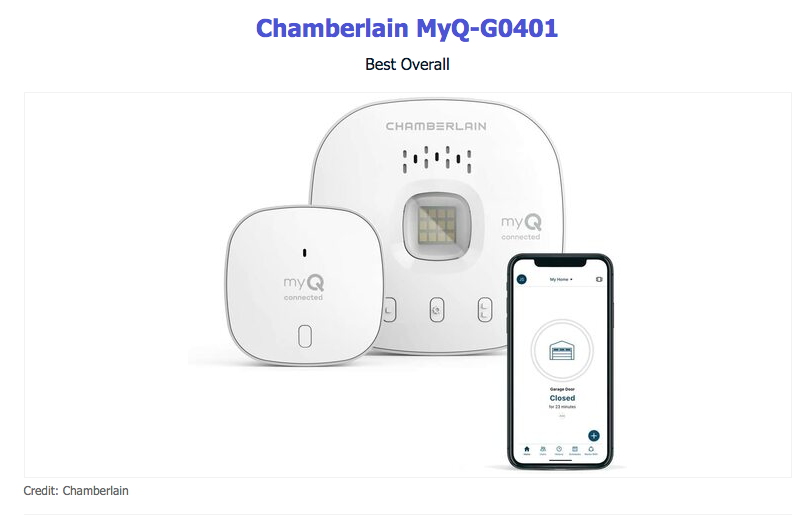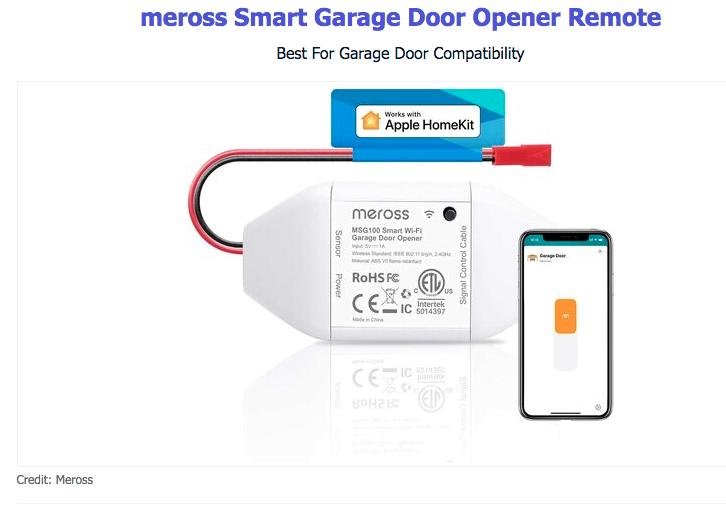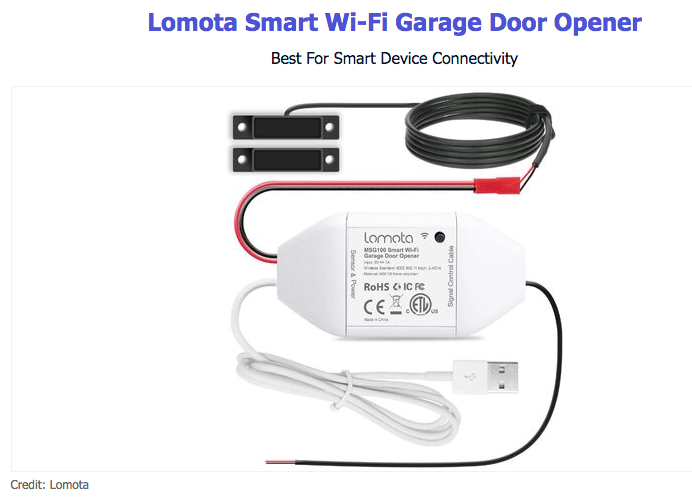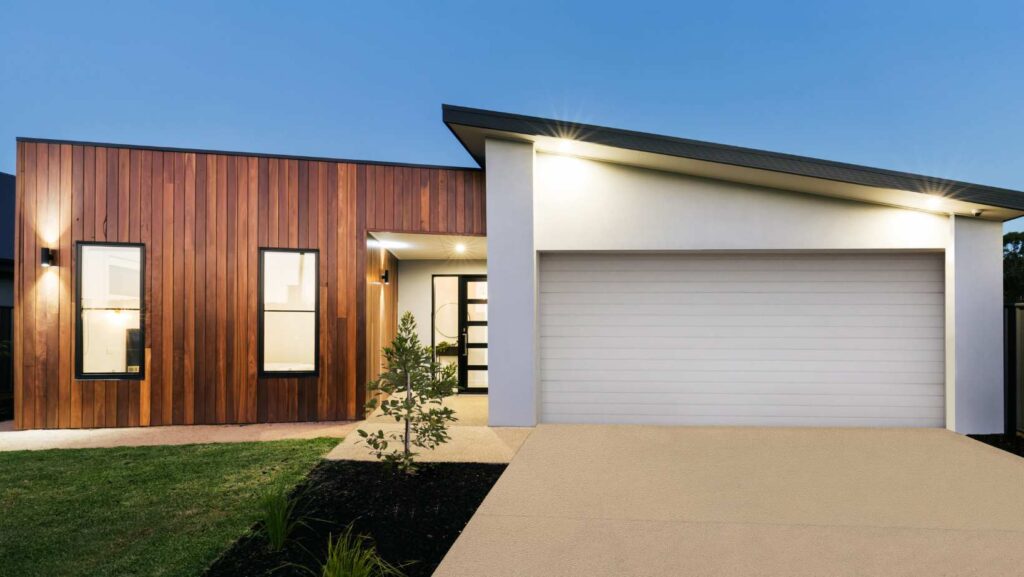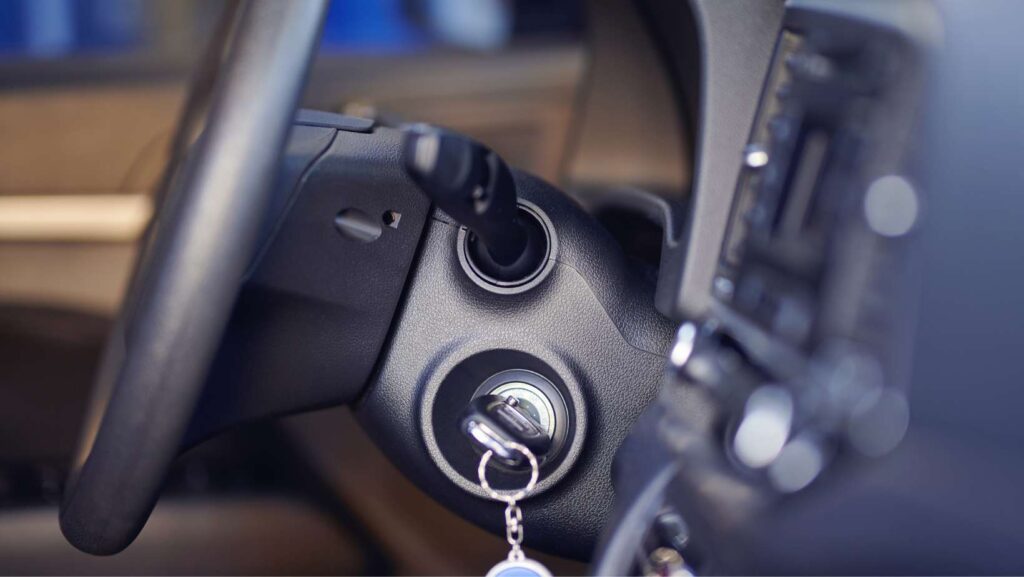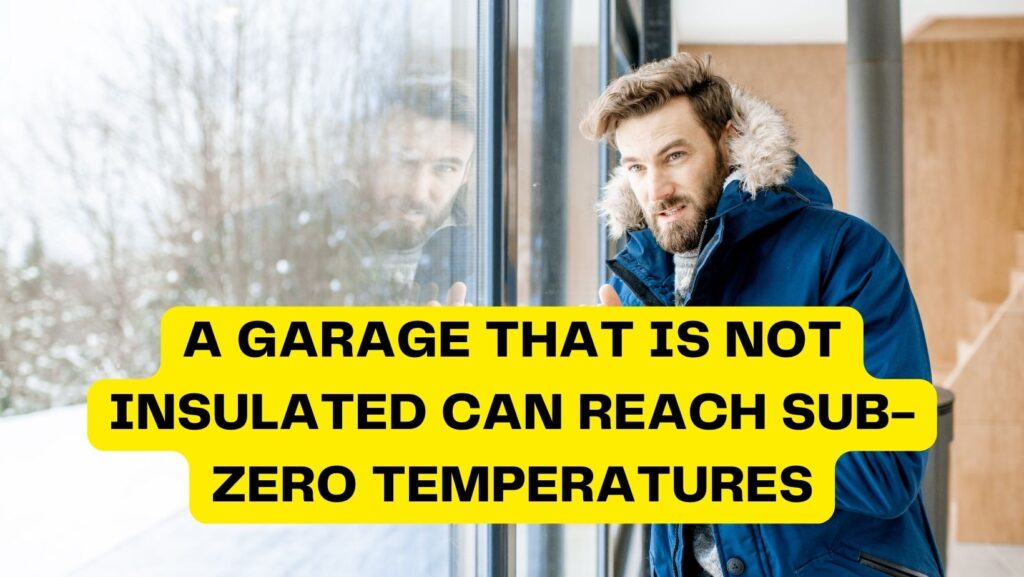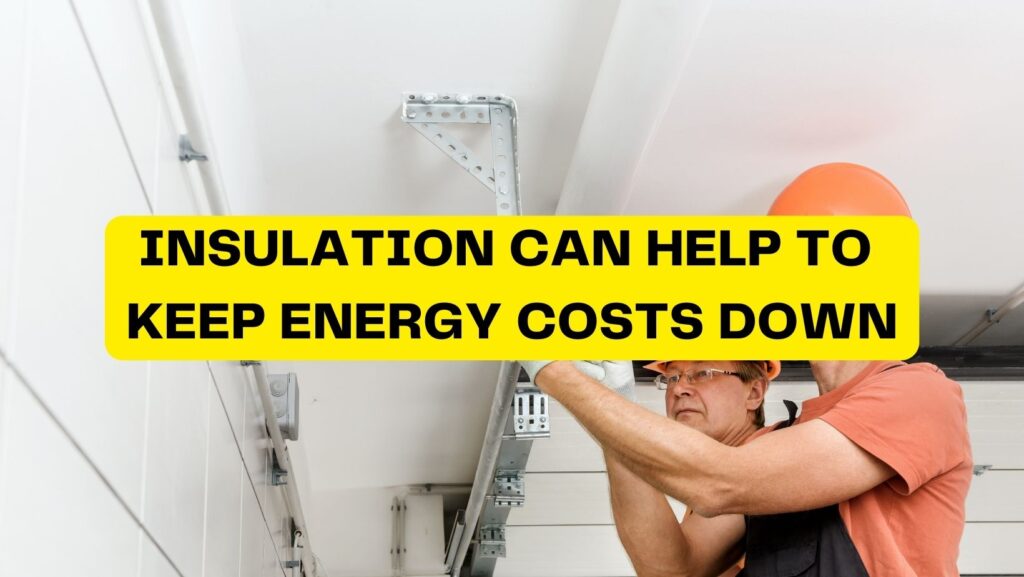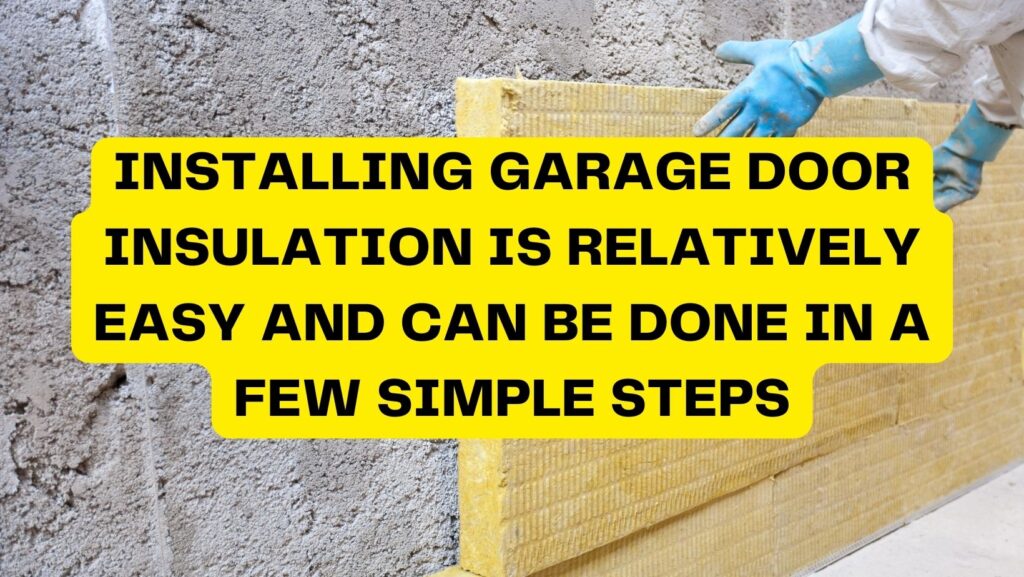Garage Door Security Tips – Were you aware that approximately 10% of burglars gain access to homes through the garage?
Garage doors are frequently neglected when evaluating home security. To ensure that your garage does not become the weakest point in your home’s defense, consider implementing the following tips.
1. Enhance the security of your garage door with deadbolts, braces, locks, or other robust physical safeguards.
To fortify the security of your garage door, there are various effective solutions available. Consider implementing these popular options:
- Padlock the throw latch or use a tight c-clamp to prevent unauthorized opening, even if the opener is used.
- Install a manual lock, such as a sliding bar lock, L-handle lock, or T-handle lock.
- Safeguard the emergency release with products like Garage Door Armor (avoid securing it with zip ties, as it may pose safety hazards for your family).
- Utilize a garage door defender, such as a stop bar, to deter potential intruders.
Remember that most garage doors can be reinforced from either the inside or outside, providing you with a range of choices to suit your needs. By implementing these measures, you can significantly strengthen the security of your garage and your home.
2. Strengthen the interior door connecting your house to the garage.
Give the door that connects your house to the garage the same level of security consideration as any exterior door. Follow these steps to reinforce its security:
- Opt for a heavy, sturdy door equipped with a reinforced strike plate.
- Install a reliable deadbolt to provide an additional layer of protection.
- Enhance your safety by adding a peephole, enabling you to inspect the garage without having to open the door.
By treating this interior door with the same security measures as an exterior entry point, you can better safeguard your home and garage from potential intrusions.
3. Implement a home security system.
Leverage the advancements in modern technology to equip your home with a reliable security system. There are several options available, catering to different preferences:
- Opt for professionally monitored security systems like ADT or SimpliSafe, which provide continuous monitoring and prompt response to potential threats.
- Consider smart home systems like Nest, which offer intuitive features and remote accessibility for added convenience.
Just the presence of a security system can act as a deterrent to potential intruders. However, for enhanced protection, it is highly advisable to go beyond just displaying a warning sign and actually invest in and install a comprehensive security system.
By choosing the security solution that best fits your needs, you can significantly bolster your home’s safety and enjoy peace of mind knowing that your property and loved ones are well-protected.
4. Exercise vigilance regarding garage windows.
While windows can enhance the aesthetic appeal of your garage door, they also create visibility for outsiders to determine if you’re at home. To enhance your privacy and security, consider the following measures:
- Frosting your windows or applying privacy film can obstruct the view from the outside, preventing prying eyes from seeing inside your garage when you’re away.
- If covering the windows isn’t feasible, take care not to leave any valuable items in plain sight to minimize the temptation for potential thieves.
By taking these precautions, you can mitigate the risk of burglars targeting your garage and reduce the likelihood of unwanted intrusions.
5. Illuminate your driveway with motion-activated lights.
Enhance your home’s security and discourage unwelcome visitors by ensuring your driveway is well-lit during nighttime hours. Opt for motion-activated lights, which offer the following benefits:
- Improved visibility: Motion-activated lights automatically illuminate the area when motion is detected, enhancing visibility for you and deterring potential intruders.
- Energy-efficient: These lights are designed to conserve electricity, as they only activate when motion is sensed, saving you money on energy bills.
By incorporating motion-activated lights into your driveway lighting setup, you create a safer environment around your home while being mindful of energy consumption.
6. Consider upgrading your garage door opener.
Automatic garage door openers, particularly those produced before 1993, can pose security risks and become susceptible to break-ins. To bolster your garage’s security, it is advisable to assess the age of your opener and contemplate an upgrade if it falls within the older range. By doing so, you can ensure a higher level of protection for your garage and home.
7. Opt for a robust and substantial garage door.
Selecting a heavy garage door offers multiple advantages beyond insulation and curb appeal. Such doors serve as an added layer of protection for your home. Consider the following options for added security:
- Solid-core wood or reinforced steel doors: These materials provide exceptional physical resilience, making it significantly harder for potential intruders to breach compared to lighter options like aluminum or vinyl garage doors.
- A valuable home investment: Upgrading to a new, sturdy garage door ranks among the wisest investments you can make to enhance your property’s overall security and value.
By investing in a heavy and durable garage door, you not only improve your home’s protection but also reap long-term benefits for your property.
8. Safeguard your remote with your keys, not in your car.
To bolster your home’s security, avoid leaving your garage door remote inside your car. In the event of a car break-in, a stolen remote could provide easy access to your house. Instead, adopt these precautions:
- Keep your garage door remote alongside your keys or stow it safely in your bag to minimize the risk of theft.
- Consider using a garage door remote designed as a keychain, ensuring convenience and portability.
By adhering to these practices, you add an extra layer of protection to your home, reducing the chances of unauthorized entry through your garage.
9. Keep a radio softly playing in your garage.
Creating the impression of an occupied home can discourage potential burglars. By leaving a radio on at a low volume while you’re away, you give the illusion of someone’s presence, which can deter most opportunistic intruders. Simple steps like this, along with keeping lights on, contribute to making your property less appealing to would-be offenders.
10. Always remember to close your garage door.
It’s astonishing how many burglaries occur due to the simple oversight of leaving the garage door open when leaving the house.
To address this concern effectively, consider implementing the following measures:
- Garage door monitor: Utilize a garage door monitor to track the status of your garage door remotely. This way, you can quickly verify whether it is open or closed and take action accordingly.
- Automatic garage door closer: Install an automatic garage door closer, which ensures that your garage door automatically closes after a set period. This feature provides peace of mind, eliminating worries about forgetting to close the garage door.
By integrating these solutions into your garage security system, you can significantly reduce the risk of unwanted intrusions due to an open garage door and maintain a more secure environment for your home.
Require assistance in securing your garage door?
Certain tasks, such as opener upgrades or heavy garage door installations, are best handled with professional expertise. Our team of skilled technicians is here to provide expert service for your garage doors and openers, ensuring the job is done right the first time and guaranteeing enhanced security for your peace of mind.
Home security is a matter that demands serious consideration. Regardless of the security measures you opt for, we strongly advise collaborating with knowledgeable experts. By doing so, you can rest assured that all potential vulnerabilities are addressed comprehensively, leaving no room for compromise in safeguarding your home and loved ones.
